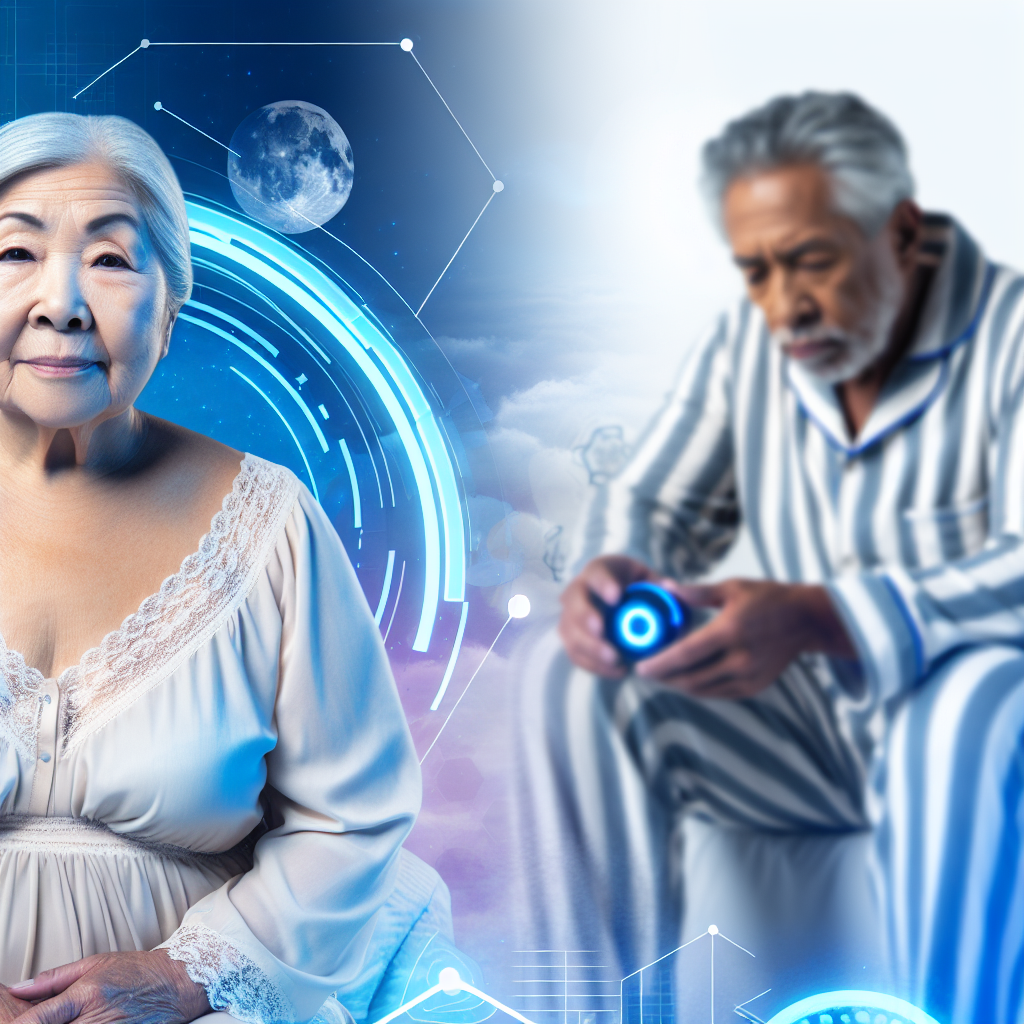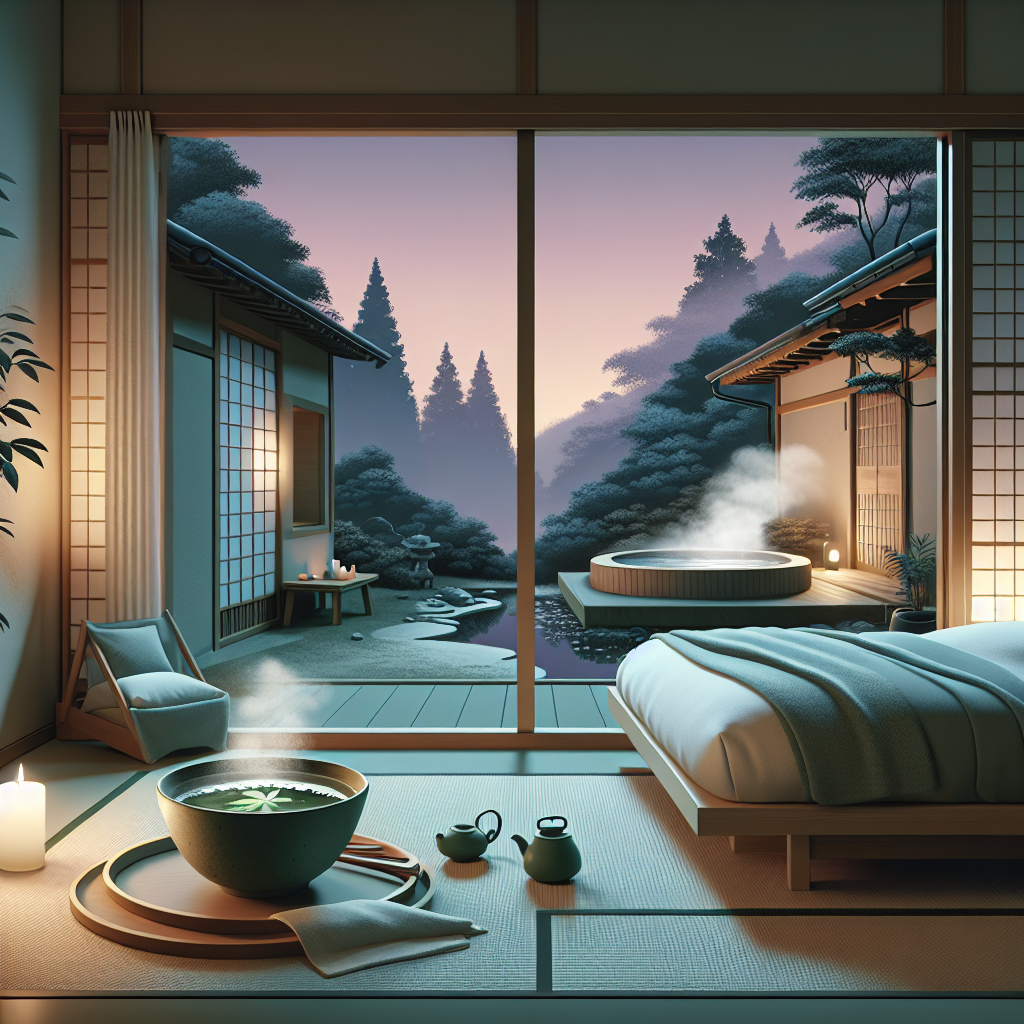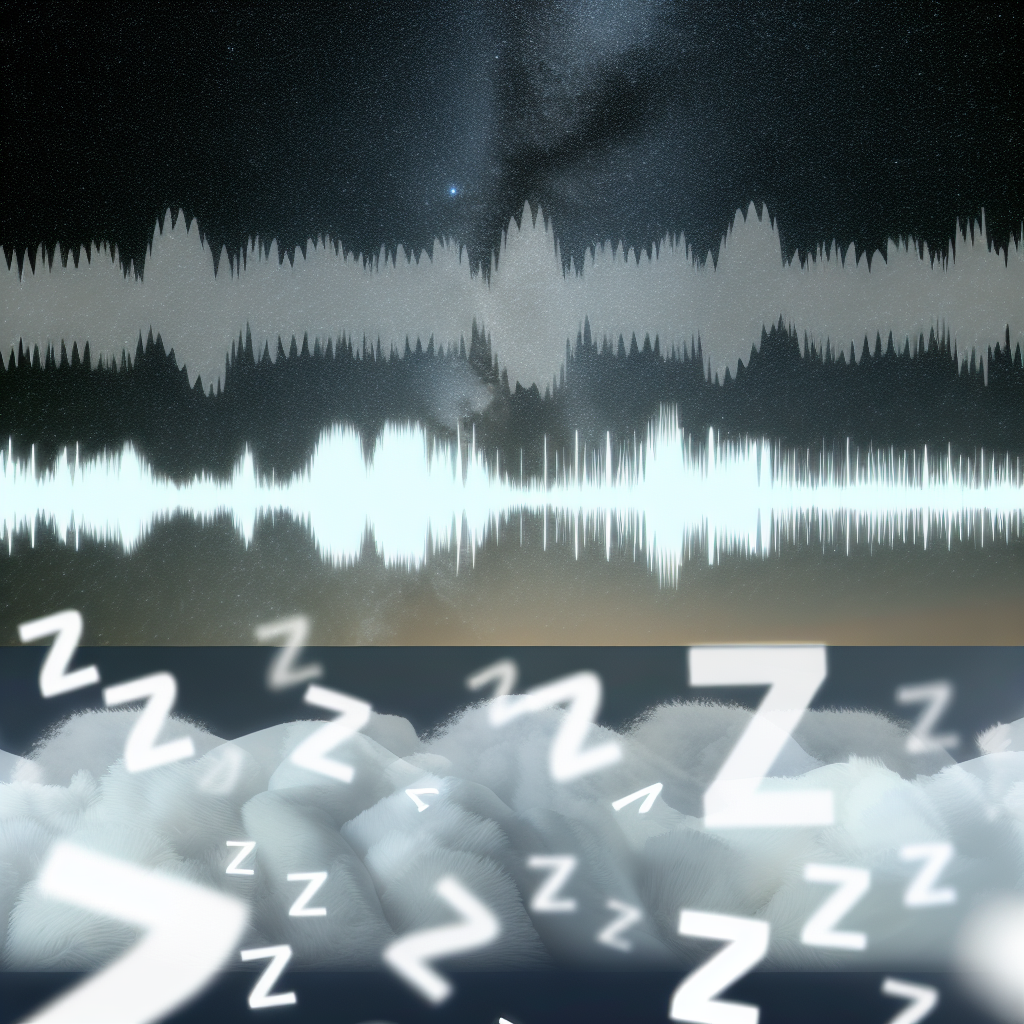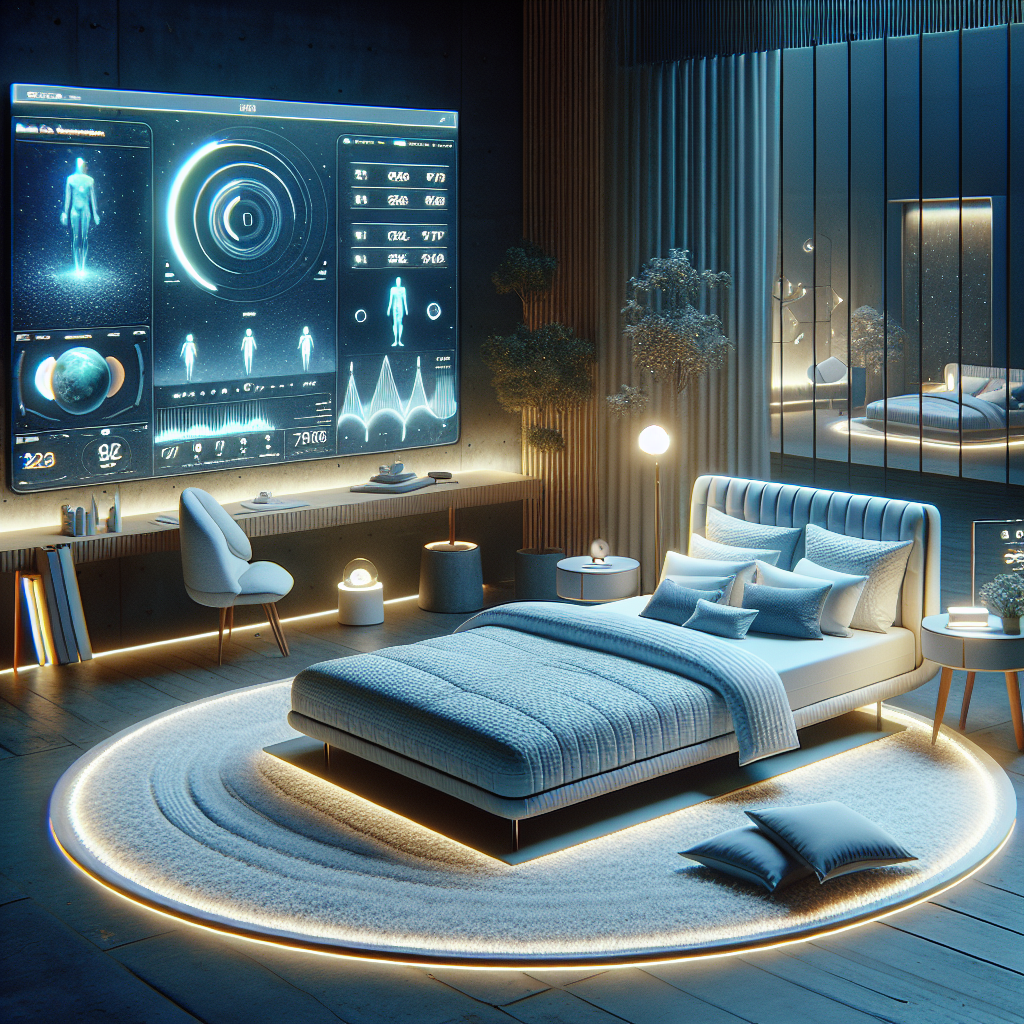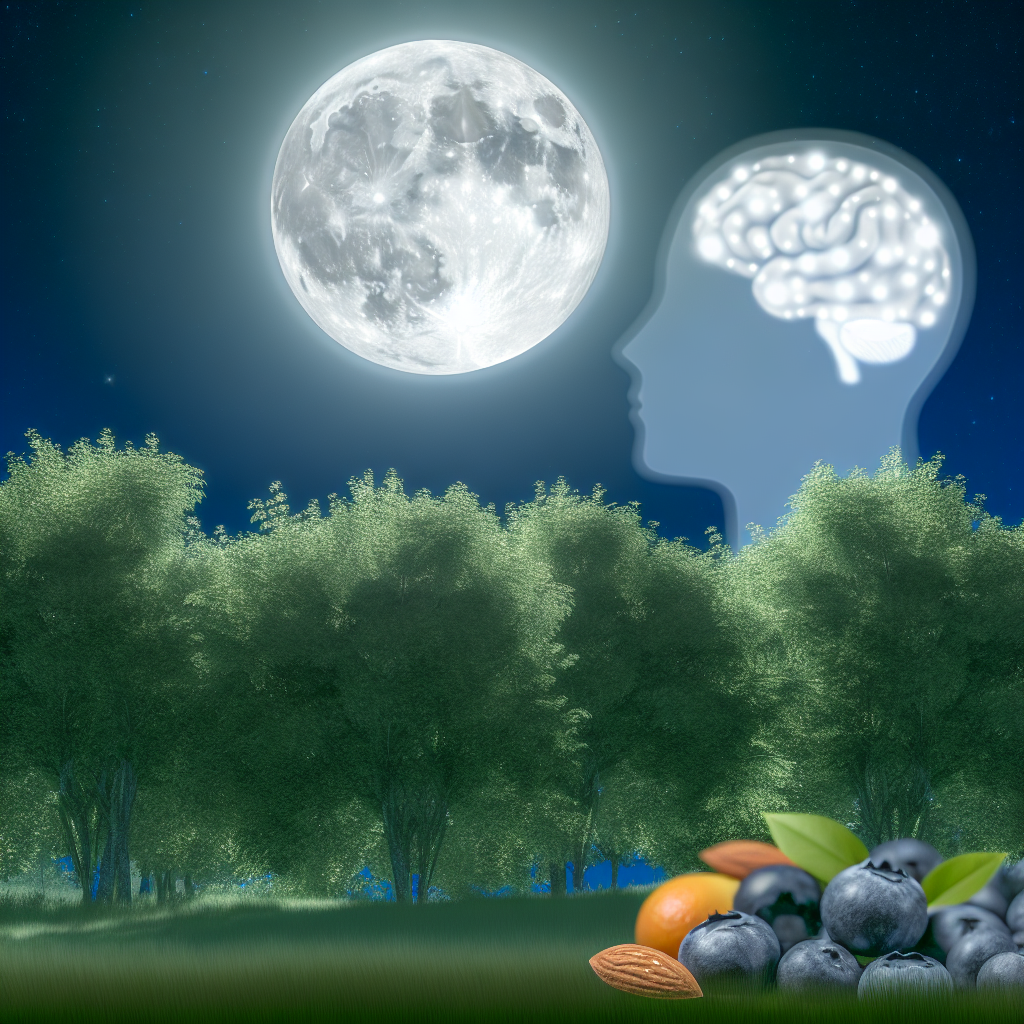Senior Sleep Technology: Latest Innovations
Introduction
Sleep is a fundamental pillar of health at every stage of life, and quality sleep becomes even more essential as we age. However, many seniors struggle with sleep-related issues such as insomnia, sleep apnea, restless leg syndrome, and disruptions in their circadian rhythm. Inadequate sleep can lead to cognitive decline, weakened immunity, and an increased risk of chronic conditions like heart disease and diabetes. Fortunately, advancements in sleep technology have introduced innovative solutions designed to help seniors achieve restful and restorative sleep.
In recent years, sleep research has contributed to the development of cutting-edge devices and tools tailored to the unique needs of aging adults. Innovations such as smart mattresses, wearable sleep trackers, non-invasive sleep apnea treatment devices, and AI-powered sleep monitoring systems are improving sleep quality and overall well-being in seniors. These technologies not only help to enhance sleep duration and efficiency but also provide valuable insights into potential sleep disorders, allowing for early intervention and tailored medical care.
One of the biggest challenges facing seniors is the natural decline in melatonin production, the hormone that regulates sleep-wake cycles. In response, smart lighting systems have been designed to simulate natural daylight patterns, promoting healthier circadian rhythms. Additionally, white noise and sound therapy machines, coupled with AI-driven sleep coaching apps, offer personalized solutions to help seniors fall asleep faster and stay asleep longer.
Medical professionals are increasingly turning to technology to diagnose and treat sleep disorders more effectively. For example, home-based sleep monitoring systems enable seniors to undergo sleep assessments in the comfort of their homes, reducing the need for clinical sleep studies. Combining these innovations with advances in cognitive behavioral therapy for insomnia (CBT-I) and integrative sleep coaching paves the way for comprehensive sleep management solutions.
With the rapid evolution of sleep technology, seniors now have more options than ever for improving sleep quality and overall well-being. This article explores the latest innovations in senior sleep technology and the medical research supporting their effectiveness.
Revolutionary Wearable Sleep Trackers
Scientific and medical studies have played a crucial role in the development of senior sleep technologies, demonstrating their effectiveness in improving sleep disorders and overall health.
One notable advancement is wearable sleep-tracking technology, such as smartwatches and rings equipped with sensors that monitor heart rate, oxygen levels, and movement patterns. A [study published in *Nature and Science of Sleep* (2021)](https://www.ncbi.nlm.nih.gov/pmc/articles/PMC8402341/) found that wearable sleep trackers offer reliable data for assessing sleep quality and identifying disturbances in seniors. These devices allow for remote monitoring, reducing the need for overnight sleep studies in a clinical setting. They also empower seniors to take an active role in tracking their sleep health and making adjustments to improve their rest.
Innovative CPAP Alternatives for Sleep Apnea
Another widely studied innovation is continuous positive airway pressure (CPAP) alternatives for sleep apnea treatment. Traditional CPAP machines can be cumbersome and uncomfortable for senior users, leading to poor adherence. However, [studies have demonstrated the effectiveness of non-invasive airway support technologies, such as the eXciteOSA device, which uses electrical stimulation to strengthen tongue muscles and reduce airway collapse](https://www.atsjournals.org/doi/full/10.1164/rccm.202012-446OC). Research published in the *American Journal of Respiratory and Critical Care Medicine* (2020) showed that these newer devices can significantly reduce sleep apnea severity and improve sleep outcomes in seniors.
Smart Mattresses and Adjustable Beds for Optimal Comfort
Smart mattresses and adjustable beds also offer significant benefits for older adults. [A study conducted by the *Journal of Clinical Sleep Medicine* (2019) found that pressure-relieving smart beds equipped with temperature regulation features and body position adjustment support improved sleep efficiency and reduced nighttime discomfort, particularly for seniors with arthritis or chronic pain conditions](https://jcsm.aasm.org/doi/full/10.5664/jcsm.7670). These high-tech sleep surfaces can automatically adjust firmness, elevate the head to reduce snoring, and maintain optimal temperature settings for a peaceful night’s rest.
Digital CBT-I: A Game-Changer in Non-Pharmacological Sleep Therapy
In addition to physical sleep aids, cognitive behavioral therapy for insomnia (CBT-I) has gained traction as a highly effective, non-pharmacological approach to treating sleep disorders in seniors. [Digital CBT-I apps, such as Sleepio, have been clinically validated in peer-reviewed studies to help users develop healthier sleep habits and reduce reliance on medication](https://jamanetwork.com/journals/jamapsychiatry/fullarticle/2776185). A study published in *JAMA Psychiatry* (2021) concluded that digital CBT-I interventions significantly improved sleep onset and reduced depressive symptoms in older adults, reinforcing the importance of psychological approaches in senior sleep health.
Smart Lighting Solutions for Better Sleep Cycles
Smart lighting solutions are another emerging technology contributing to sleep improvement in seniors. [Circadian rhythm lighting systems, which adjust brightness and color temperature according to the time of day, have been shown to promote melatonin production and improve sleep-wake cycles](https://agsjournals.onlinelibrary.wiley.com/doi/full/10.1111/jgs.17636). Research from the *Journal of the American Geriatrics Society* (2022) demonstrated that seniors exposed to circadian lighting systems reported better sleep quality and reduced instances of nighttime awakenings. These advancements in lighting technology are particularly beneficial for those suffering from dementia-related sleep disturbances.
Final Thoughts: A Brighter Future for Senior Sleep Health
The evolution of senior sleep technology is transforming the way older adults manage sleep health. From wearable sleep trackers and AI-powered apps to innovative CPAP alternatives and smart home integrations, these advancements are making quality sleep more accessible for seniors. Research-backed solutions such as smart mattresses, circadian lighting, and digital CBT-I interventions are allowing older individuals to address sleep disturbances without relying solely on medications.
Improving sleep quality in seniors is not only essential for cognitive and physical health but also contributes to a higher quality of life. By embracing the latest sleep innovations, seniors and caregivers can take advantage of non-invasive, user-friendly solutions that enhance rest and overall well-being. As these technologies continue to evolve, they hold great promise for resolving sleep challenges and helping seniors enjoy better sleep for years to come.
Summary (100 words):
Advancements in senior sleep technology are revolutionizing the way older adults manage sleep health. From wearable sleep trackers and AI-powered apps to innovative CPAP alternatives and smart home integrations, these innovations are improving sleep quality and overall well-being. Research-backed solutions like smart mattresses, circadian lighting, and digital CBT-I interventions allow seniors to address sleep disturbances without relying solely on medications. By embracing these latest sleep technologies, seniors and caregivers can take advantage of non-invasive, user-friendly solutions that enhance rest and quality of life. As these advancements continue to evolve, they hold great promise for helping seniors enjoy better sleep for years to come.

Dominic E. is a passionate filmmaker navigating the exciting intersection of art and science. By day, he delves into the complexities of the human body as a full-time medical writer, meticulously translating intricate medical concepts into accessible and engaging narratives. By night, he explores the boundless realm of cinematic storytelling, crafting narratives that evoke emotion and challenge perspectives.
Film Student and Full-time Medical Writer for ContentVendor.com
